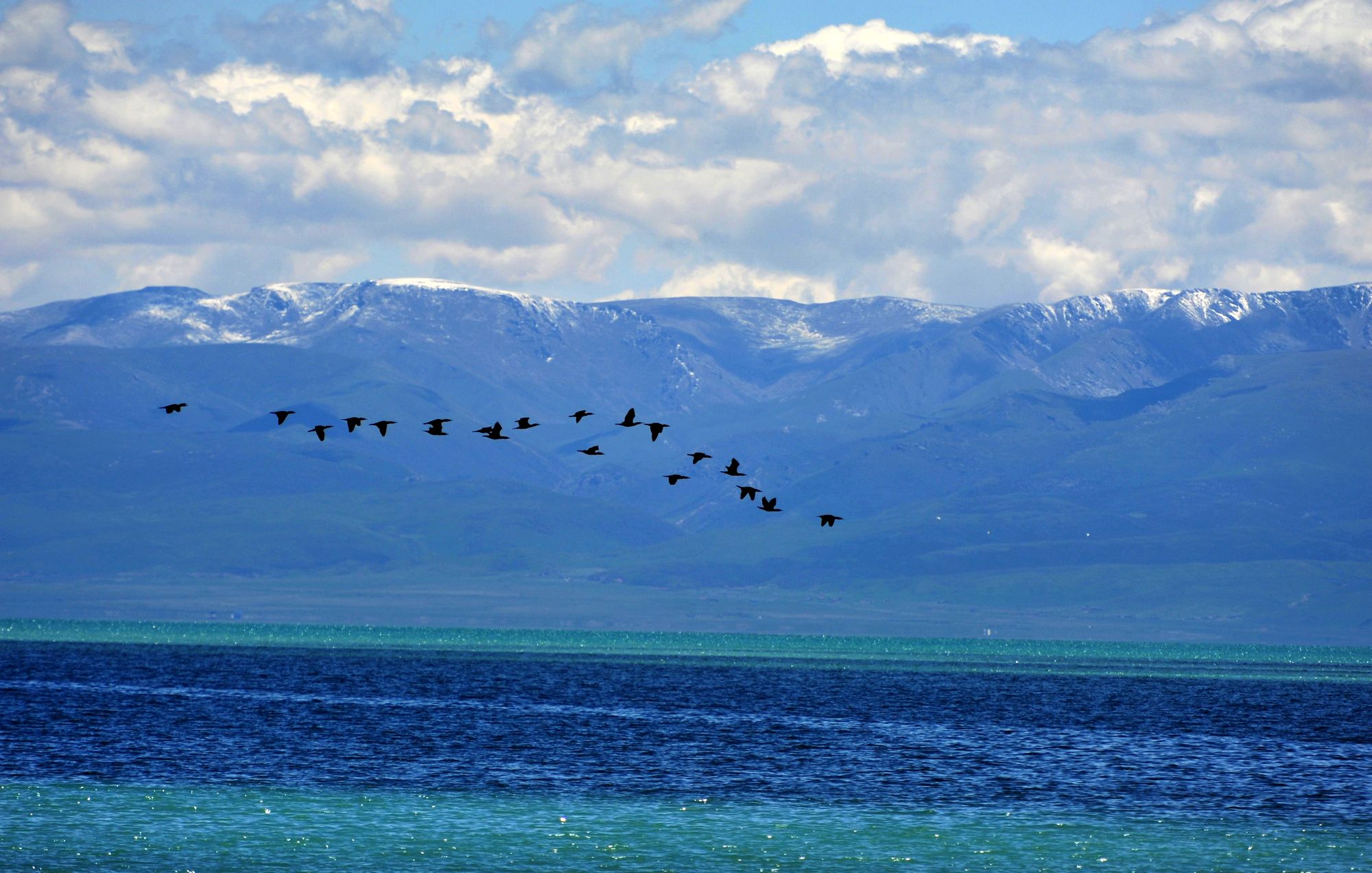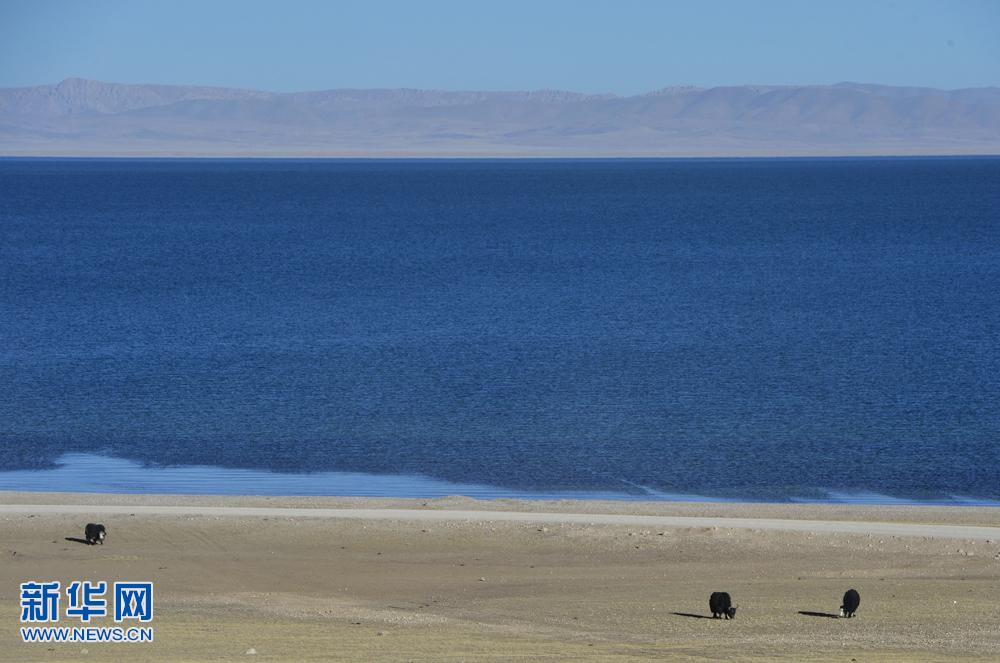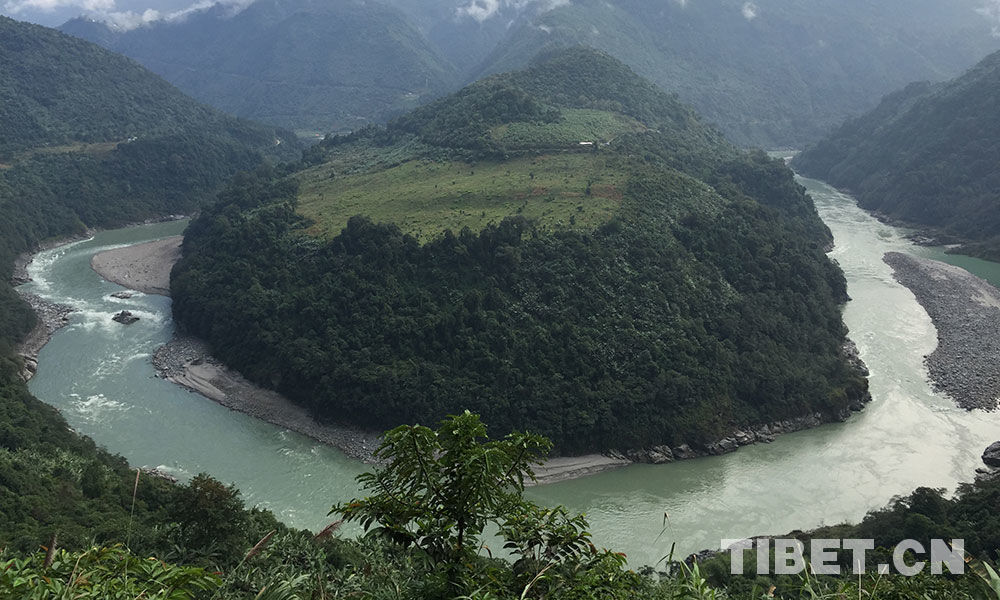Rising temperatures threaten stability of alpine grasslands: study
Global warming may affect the grasslands on the Qinghai-Tibet Plateau, says a study by researchers from China and the United States.
Warming could also threaten the ability of farmers and herders to maintain the animals that are key to their existence, while upsetting the ecology of an area where important river systems rise, according to the study, published in the journal Nature Communications.
The study involved factors likely to vary with higher temperatures and unpredictable rainfall, over a five-year period.
"Our results suggest that with a warmer climate, the ecosystem would provide less forage in drought years, and more biomass production in wet years, which is undesirable," said Jin-Sheng He, a professor in the Department of Ecology, College of Urban and Environmental Sciences at Peking University.
Reduced stability could mean the alpine ecosystem is not able to provide stable forage for livestock, he said, Reduced stability may also have consequences for climate regulation and water conservation.
While the Qinghai-Tibet Plateau is uniquely large and high, there are other areas of the world with similar conditions, said professor Lin Jiang of the Georgia Institute of Technology.
"If these findings can be applied to other alpine ecosystems. We need to be concerned about large variations in biomass production in these areas," Jiang said.
The Qinghai-Tibet Plateau covers an area of about 2.5 million square kilometers with summer highs seldom rising above 25 degrees Celsius and night temperatures often below freezing. About 9.8 million people live there.
The research was conducted by Peking University, the Chinese Academy of Sciences, and the Georgia Institute of Technology, supported by the National Basic Research Program of China, the National Nature Science Foundation of China, and U.S. National Science Foundation.
Your Comment
Name E-mailRelated News
-
;
-
-

-
Chinese scientists uncover variations of lakes on Qinghai-Tibet pl
Scientists have identified three distinct periods over the past four decades that feature notably different variations of lake area and volume on the Qinghai-Tibet plateau.
-
-
-

-
Qinghai-Tibet Plateau was "warm", "lowland" 26 million years ago:
Latest research from China's scientists shows that 24 to 26 million years ago the Qinghai Tibet Plateau was still a piece of warm and humid lowland.
-
-
-

-
China to conduct 2nd scientific survey on Qinghai-Tibet Plateau
The government of Tibet Autonomous Region and Chinese Academy of Sciences have agreed to launch a large-scale survey of the Qinghai-Tibet Plateau, 40 years after the first was conducted.
-
Based in Lhasa, Tibet Vista is a Tibet travel agency that specialized in Tibet permit, and Tibet tours for both private and group travelers at a local price!
•4 Days Lhasa City Group Tour from USD 460 •8 Days Everest Base Camp Group Tour from USD 850 •15 Days Mt.Kailash Group Tour from USD 1780 •2016 Tibet Train Tours from Beijing, Shanghai, Chengdu, Xining,etc










